In today’s tech-driven world, balancing screen time for young children can feel overwhelming. How much is too much, and what’s just right? The experts at Babilou Family weigh in with age-specific guidelines for kids aged 0-6 years, offering practical advice on fostering healthy habits while making the most of technology in your child’s early development. Discover the recommended screen time limits for each stage of your little one’s growth.
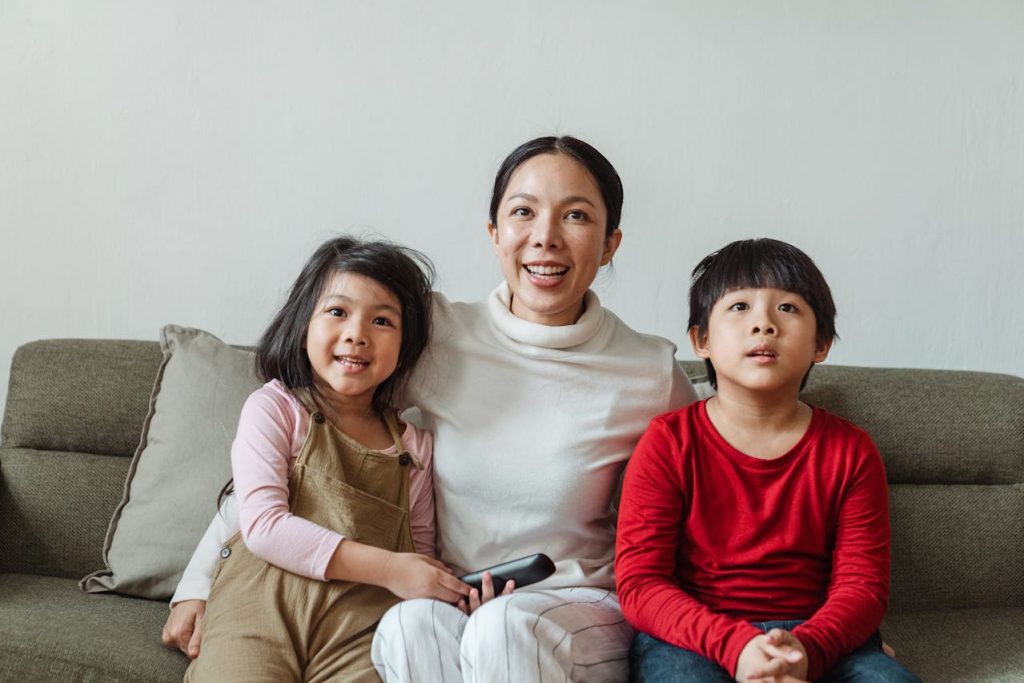
In today’s world, children encounter more screens than trees with digital devices being omnipresent in both homes and public spaces. While this exposure can benefit tech-savvy kids, it’s essential to consider the potential impact of excessive screen time on their growth and development. The Babilou Family has researched and developed practical guidelines to help parents navigate the screen-heavy environment with their children. They aim to provide clear, practical advice on screen use for children by age, drawing from global research and expert interviews. The team reviewed studies from organisations like WHO and UNICEF and engaged with education leaders to ensure comprehensive coverage.
Children’s brains grow rapidly in the early years, forming up to a million neuronal connections every second. Especially for babies in the first year of life, these connections are strengthened when they have interactions with their trusted caregivers, also known as “Serve and Return.” Screens do not provide a similar experience or the right kind of stimulation. Children need real, three-dimensional interaction and feedback.
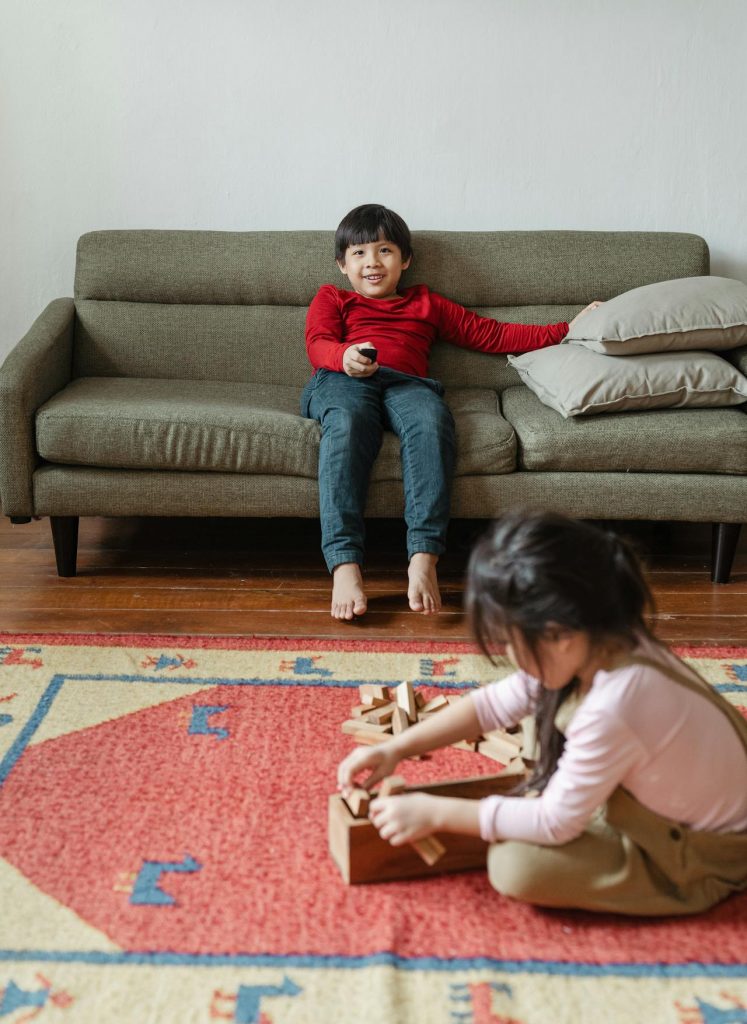
Children learn by touching, moving, and exploring. That’s why it’s crucial to limit screen time and encourage active play instead. Too much screen time can delay language development, increase BMI in 2-year-olds, and cut into their sleep. Plus, having the TV on in the background can mean your child hears over 13,000 fewer words per week, which isn’t great for their language skills. And yes, it’s even affecting their eyesight, with childhood myopia on the rise.
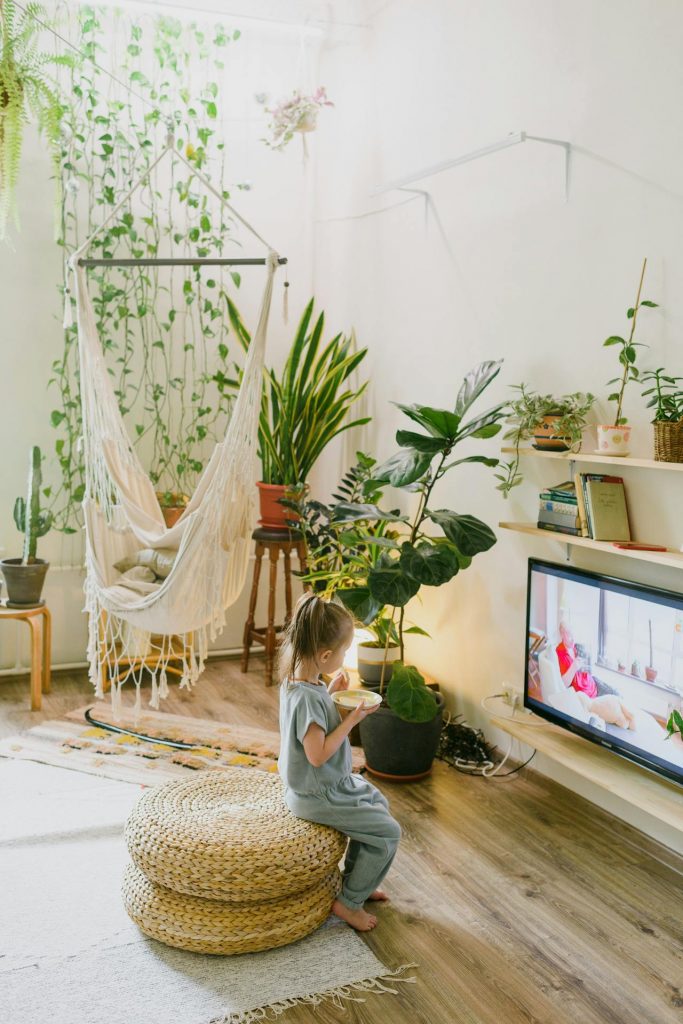
Below are some guidelines from Sridevi Raghavan, Senior VP of Education, Quality and Sustainability at Babilou Family to regulate screen time for children:
For children Aged 0-3
No screens for babies under two or until they’ve developed strong language skills. For 2-3-year-olds, keep screen time to a minimum (30 minutes a day) and always supervise. Screen time could actually benefit children if it is a co-watching time where the parent and child enjoy it together. It’s advised to encourage movement and interactive play over screen time and avoid unsupervised use entirely.
For children Aged 3-6
For preschoolers, it is recommended to limit screen time to no more than an hour a day and ensure it is supervised. Choose one device for the child to use and keep it simple with short cartoons or easy-to-watch content. Say no to online games but board games. Create screen time rituals to help the child understand when it starts and ends. Avoid screens in bedrooms, before school, during meals, or before bedtime. Use screen time monitoring apps to set intentional and reasonable limits.
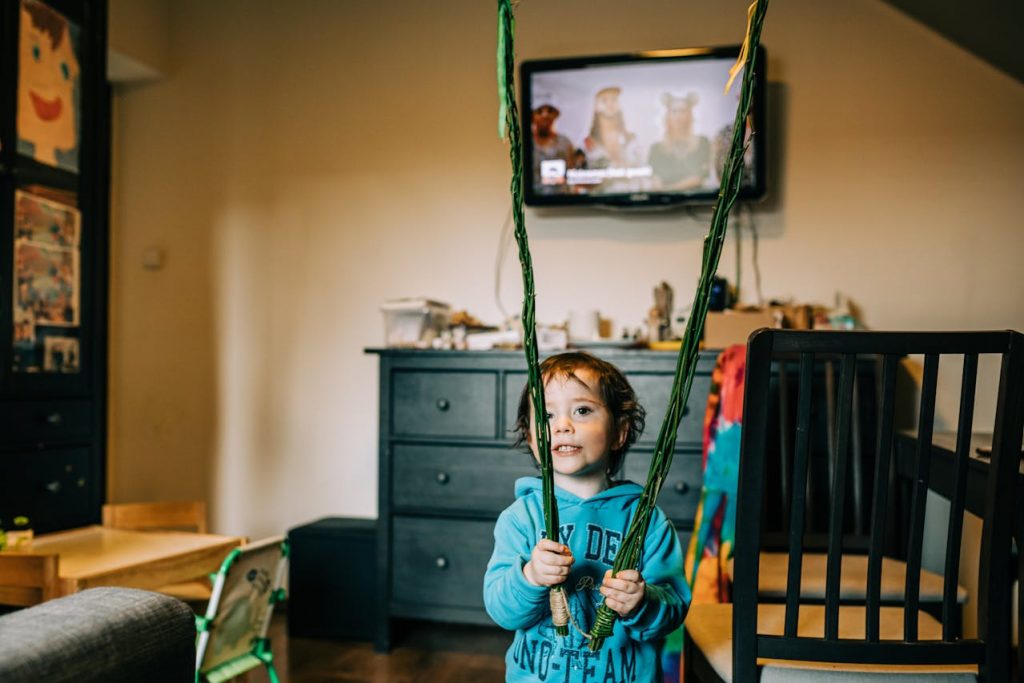
For Professionals in Early Childhood Education
Technology can enhance learning for those working with young kids. Experts should educate themselves and teach children about safe browsing, internet safety, and the dangers of cyberbullying. It can also be used to support the expert’s work without directly involving children.
May Zalat, Head of Education at The Blossom Nursery shares, “Our educators prioritise hands-on coding experiences over digital screens. The 3- to 5-year-olds at the Innovation Lab in Al Barsha engage in collaborative problem-solving through play, experimentation, and teamwork. We emphasize interaction and collaboration, believing these are key to fostering creativity and critical thinking. To support parents in reducing screen time at home, we offer alternative activity suggestions and share research highlighting the importance of limiting screen exposure for young children.”
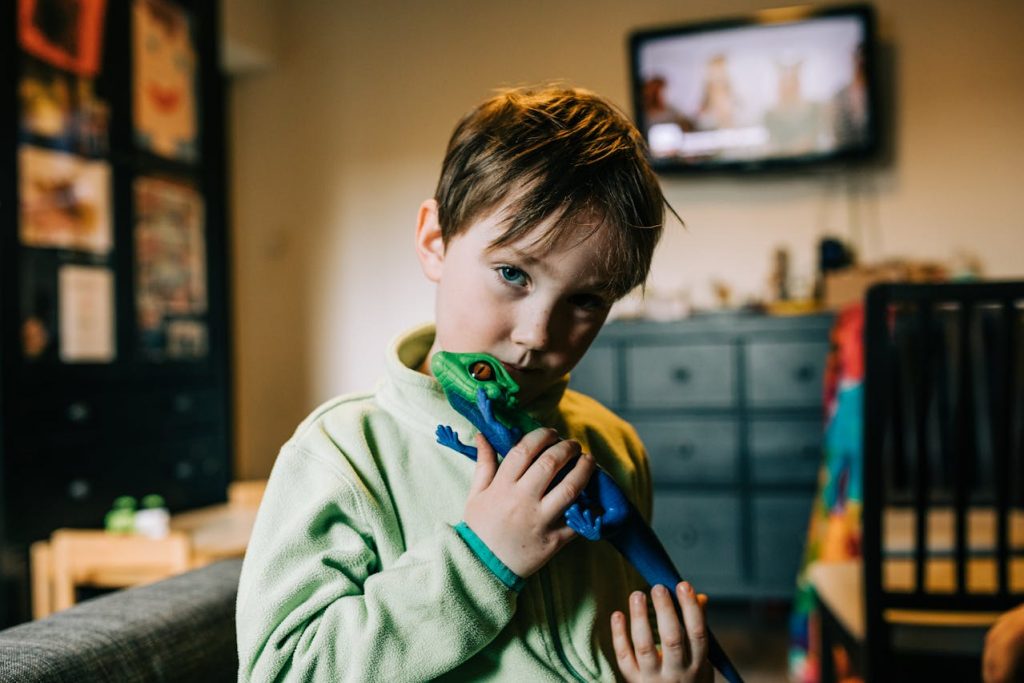
Managing screen time for young kids is a crucial part of modern parenting. By following these guidelines, you can ensure your child uses screens safely and beneficially, supporting their healthy development. The Babilou Family’s approach gives you a solid framework to integrate screens thoughtfully into your child’s life. Keep it balanced, keep it fun, and most importantly, keep it safe.
For more information or to register your child, please visit https://www.theblossomnursery.com/
